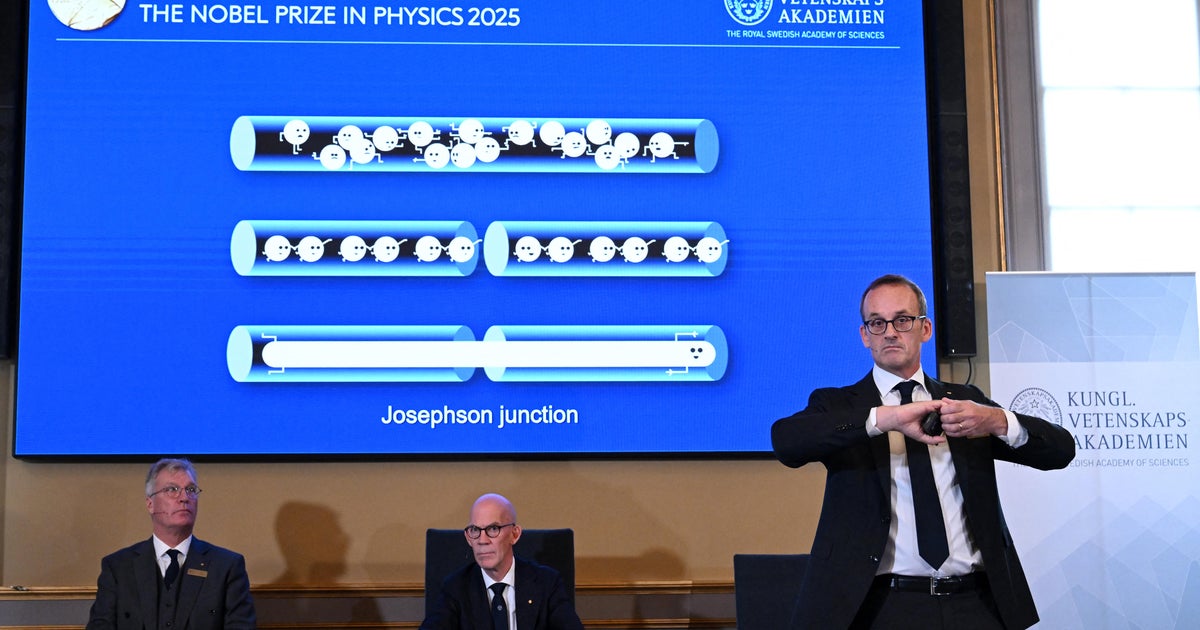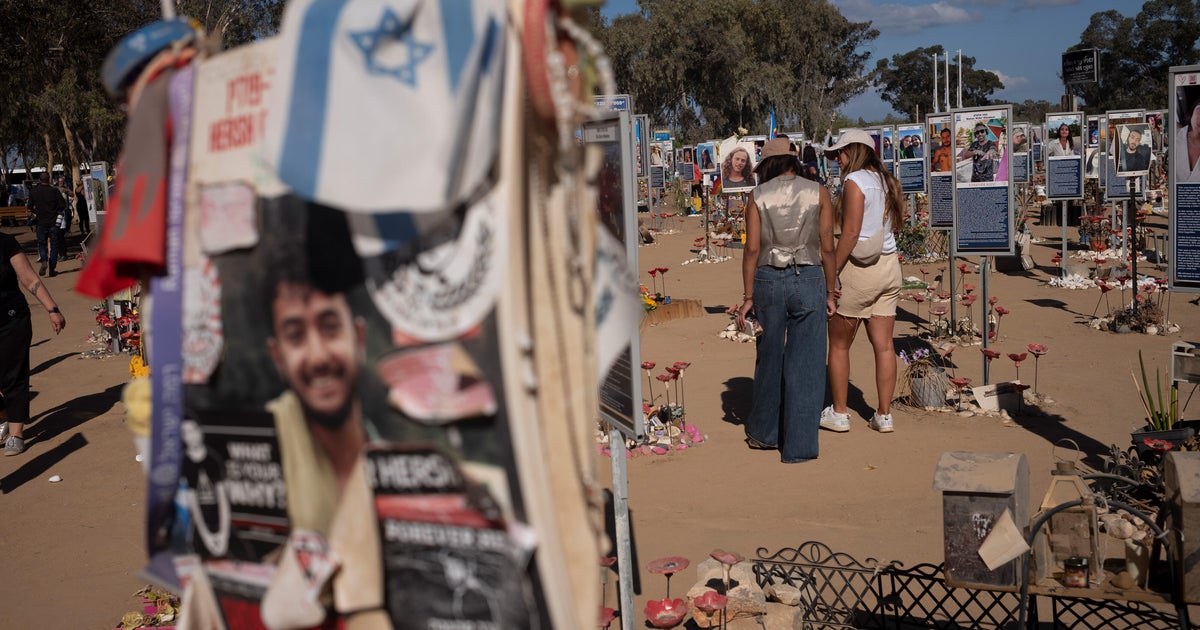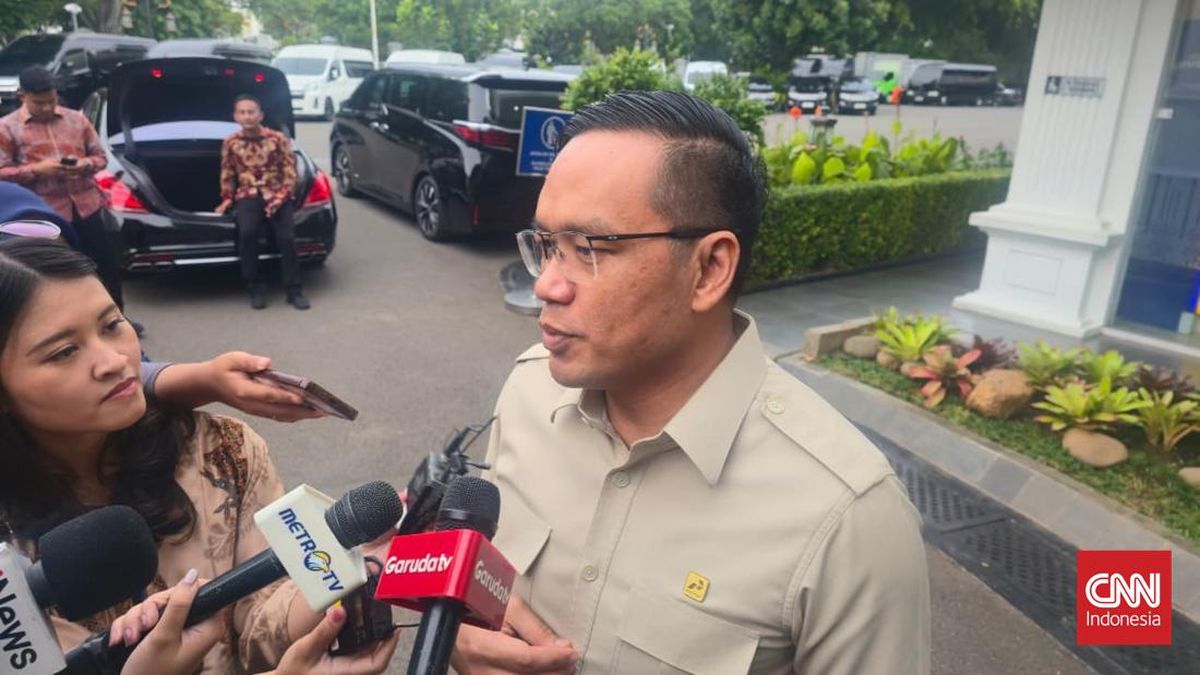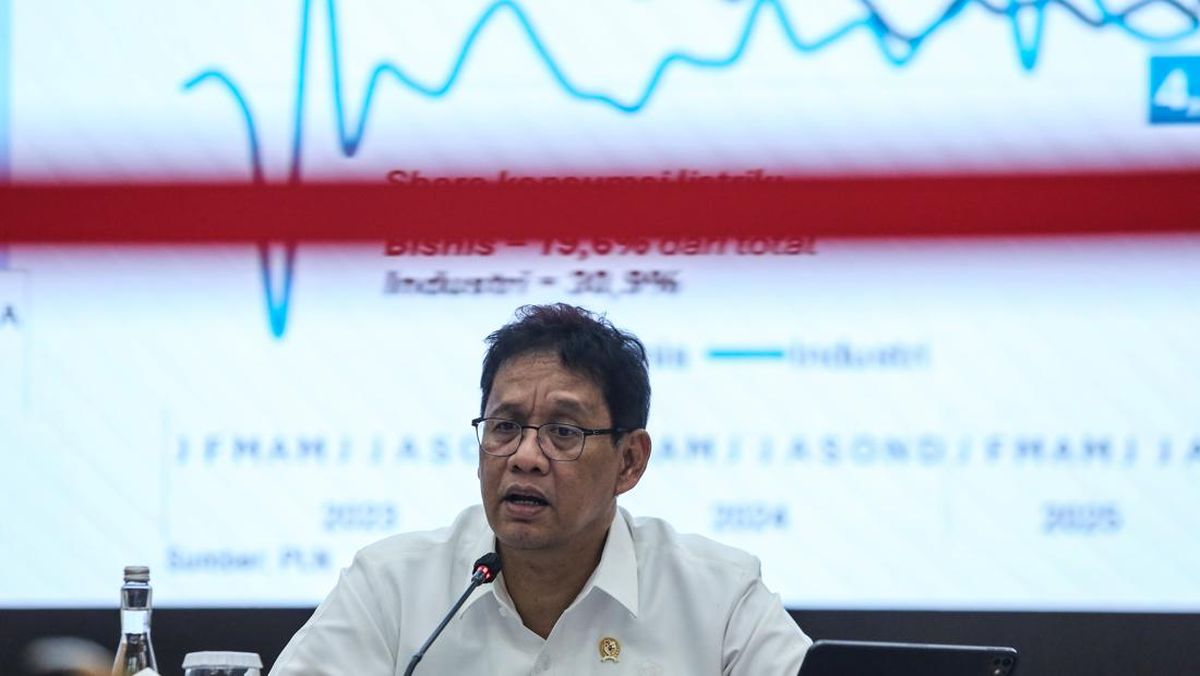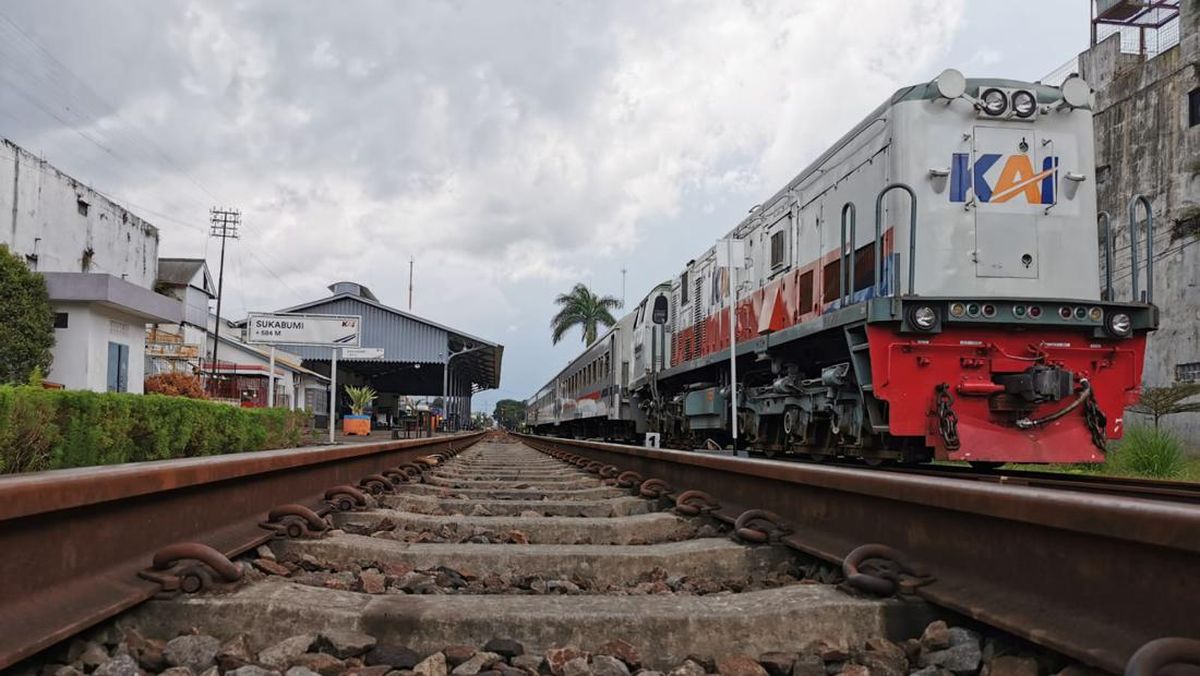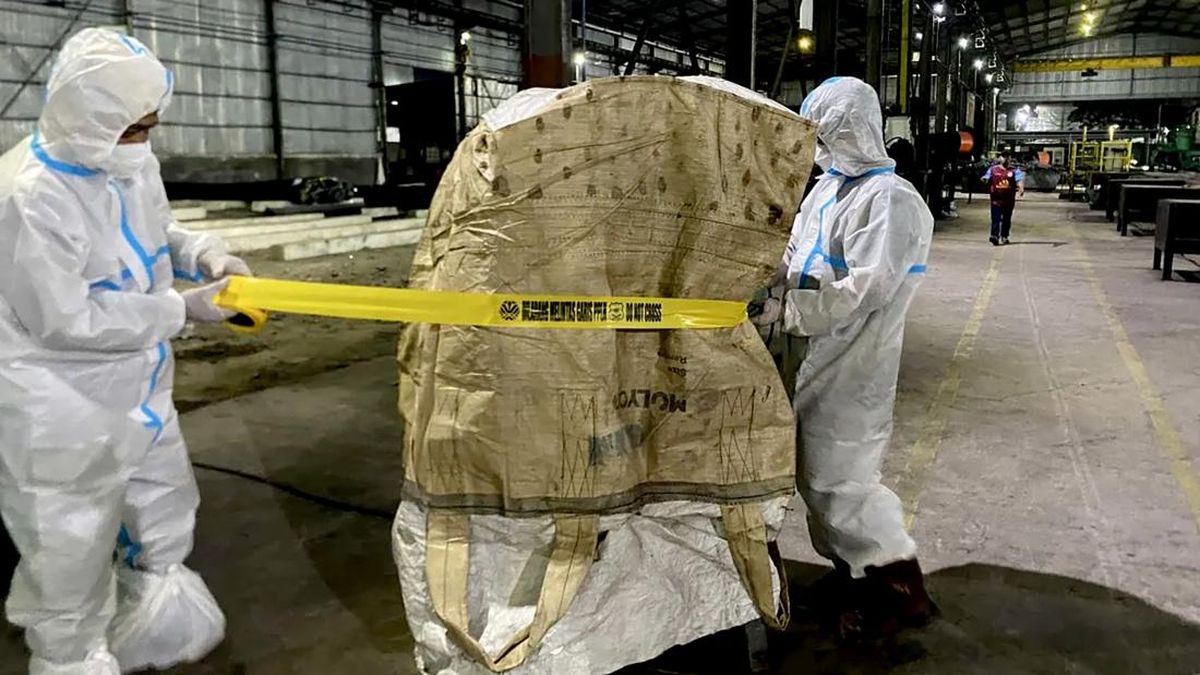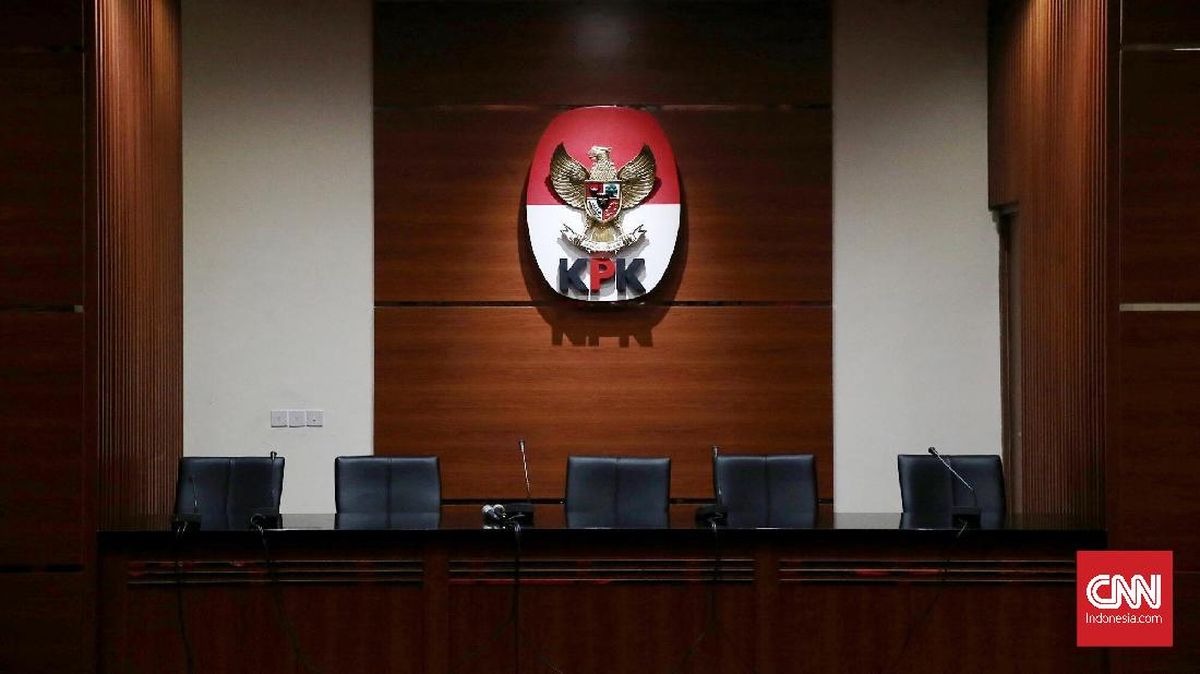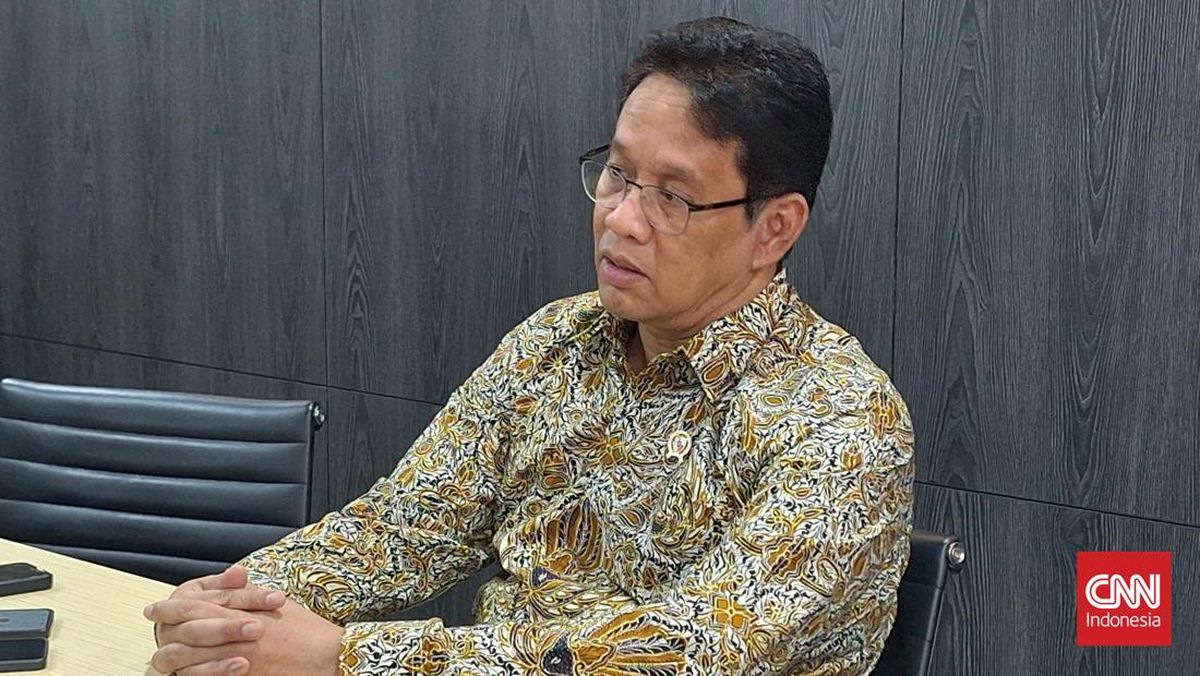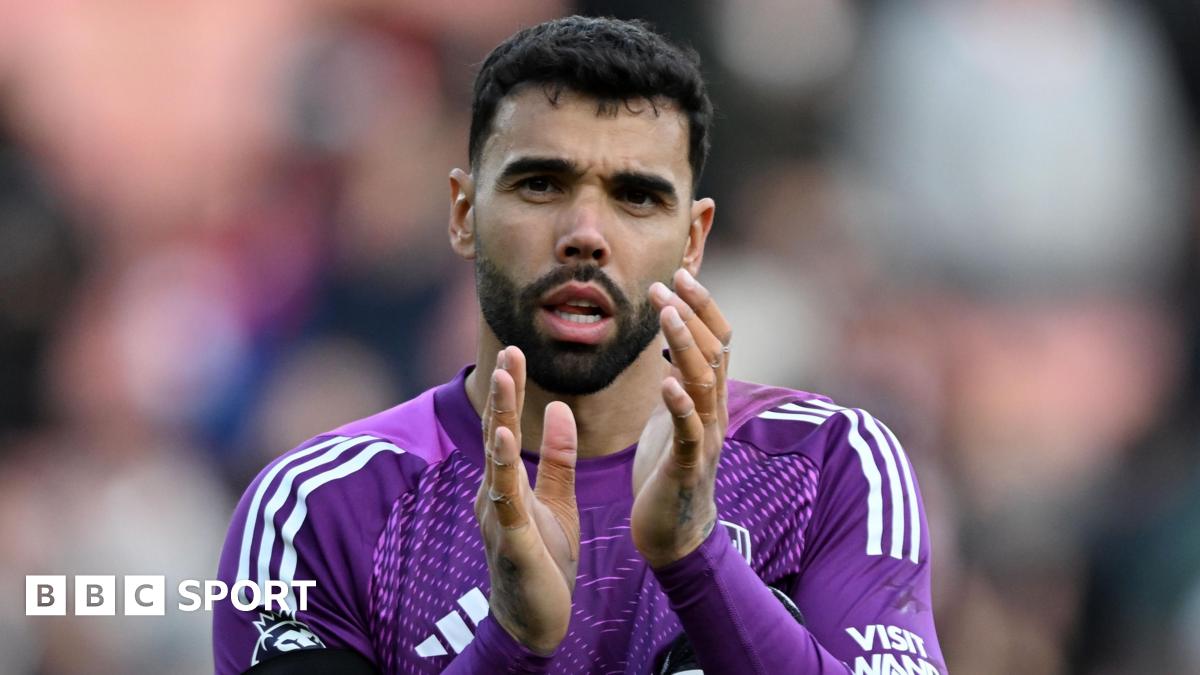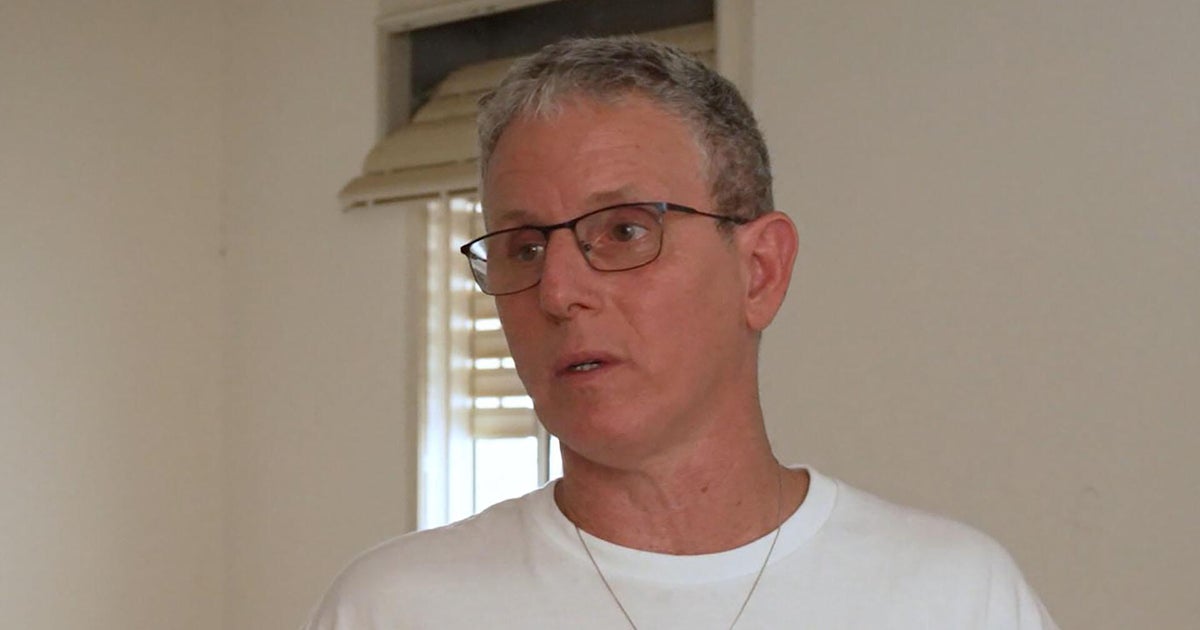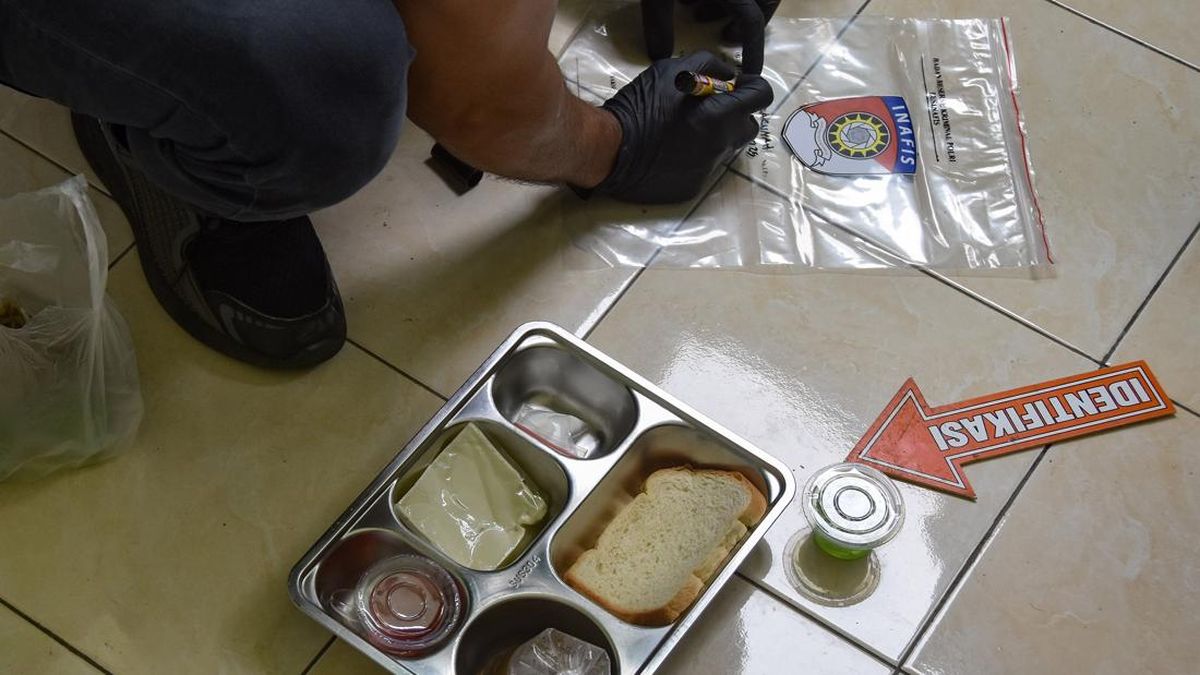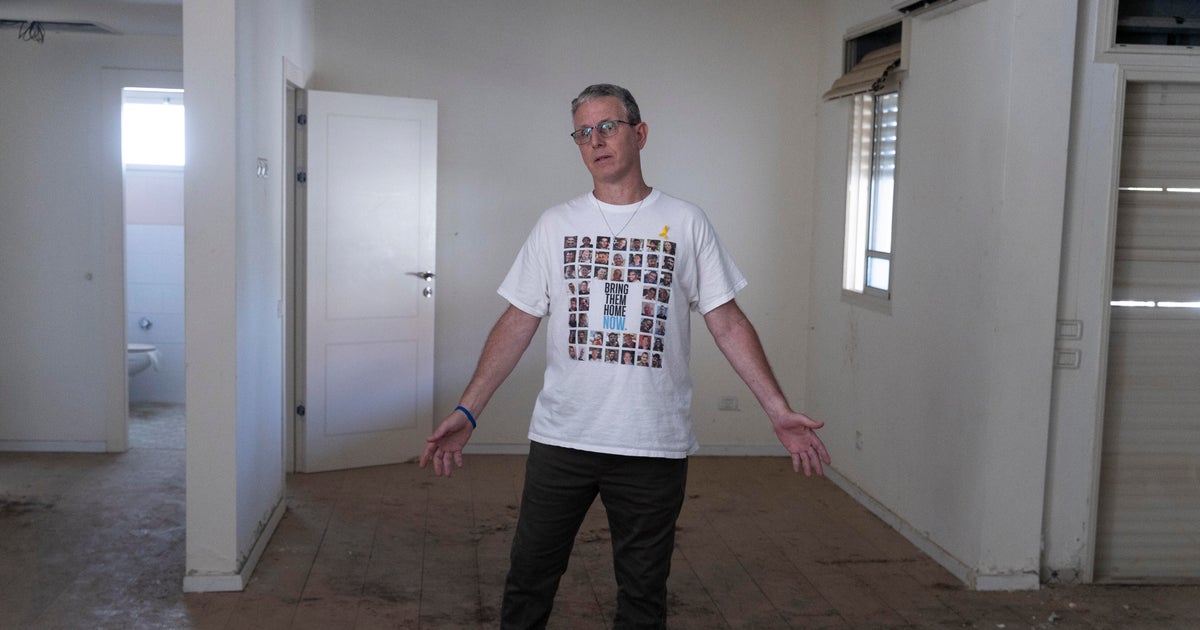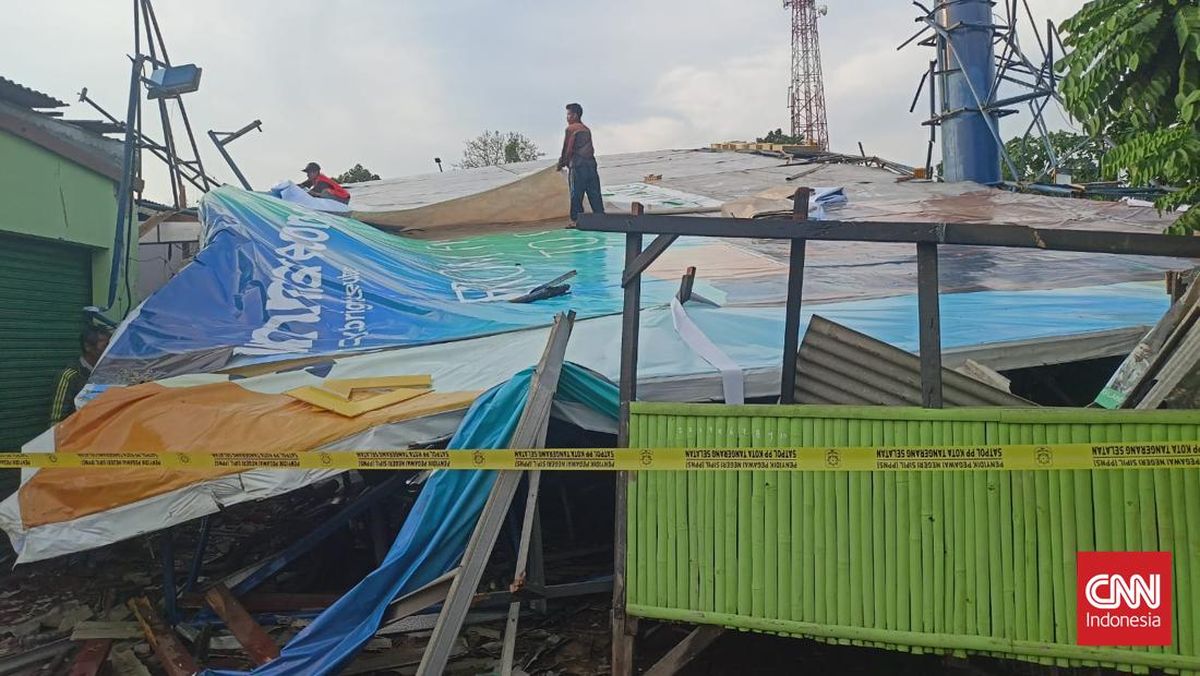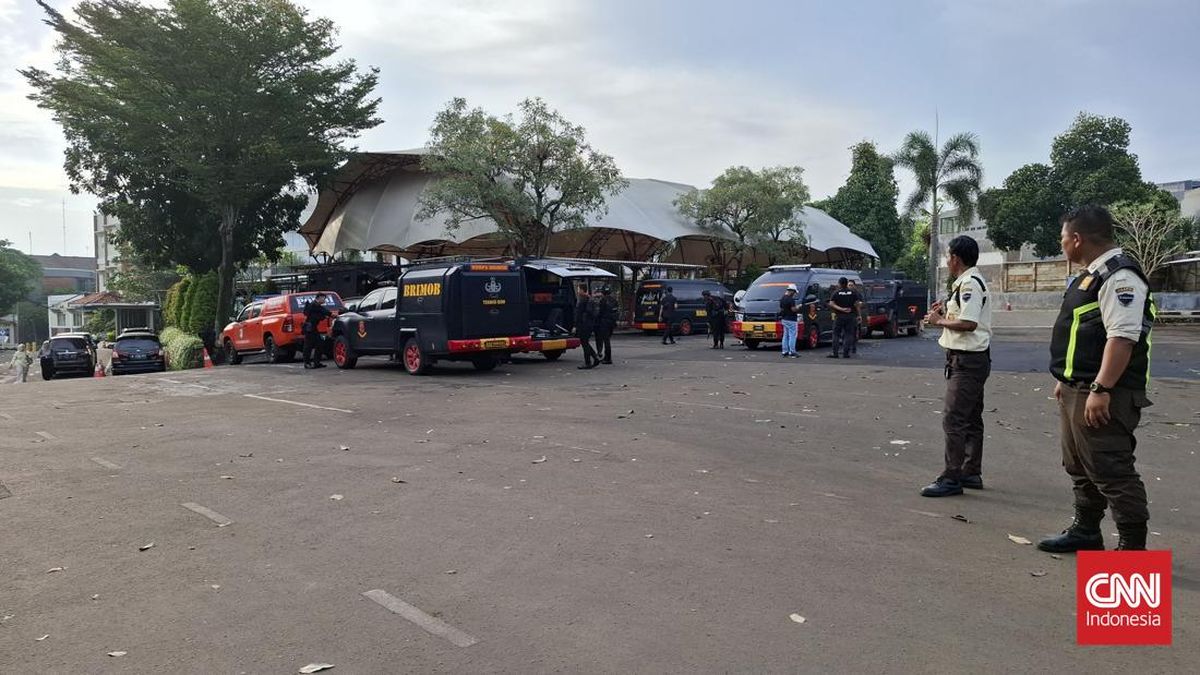Mining giant BHP continues to load iron ore onto huge bulk carriers bound for ports in China despite lingering uncertainty over whether Beijing has instructed steelmakers to suspend deliveries from the company.
Melbourne-based BHP, the largest Australian miner, has declined to confirm or deny reports that China’s state-owned iron ore buyer has instructed steel mills not to strike new dollar-denominated purchase deals for BHP iron ore, including for cargoes that had already left Australia.

Iron ore is deposited into one of the holds of a cargo ship at BHP’s facilities at Finucane Island in Port Hedland. Credit: Krystle Wright
The reports come amid tense negotiations between China and BHP about prices for iron ore, the key raw material that is turned into steel inside giant blast furnaces. Iron ore is Australia’s most valuable export commodity, worth more than $100 billion of revenue a year, and China is the biggest buyer of it by far, meaning any disruption would leave a major dent in state and federal government coffers.
But shipping data and industry sources on Thursday confirmed BHP was still loading tonnes of iron ore onto vessels docked at Western Australia’s Port Hedland and destined for China, adding to the belief among some mining industry experts that it may be “business as usual” for the ASX-listed miner.
“Historically, punitive trade measures have only been levelled against marginal producers … not majors.”
Adrian Prendergast, deputy head of research at MorgansAll of BHP’s iron ore is mined in the Pilbara and passes through Port Hedland. Shipments take about two weeks to reach China.
Chinese iron ore buyers had a history of “tough negotiating” with their suppliers, said Adrian Prendergast, deputy head of research at Morgans.
“It’s impossible to measure if [the reported BHP ban] is accurate, or a negotiating tactic, or simply a false report,” he said.
“But given the materiality to BHP of tonnes shipped to China, there would have been a prompt update to the market from the company if tonnes were being impeded.”
China, Australia’s biggest trading partner, has appeared increasingly willing to use its market clout to exert pressure on its suppliers of key commodities. In 2020, Beijing slapped an unofficial ban on Australian coal amid a diplomatic stoush with former prime minister Scott Morrison, leaving dozens of coal ships stranded at sea for months, unable to dock at Chinese ports.
Loading
However, if this week’s reported ban on BHP’s iron ore turned out to be true, it would mark an “unprecedented escalation”, Prendergast added.
“Historically, punitive trade measures have only been levelled against marginal producers … not majors,” he said. It was possible that the state-owned buyer, China Mineral Resources Group (CMRG), felt more confident to push BHP harder due to a combination of strong global iron ore supplies and the looming start-up of the China-backed Simandou iron ore province in Guinea, he said.
CMRG was set up in 2022 in a push by Beijing to consolidate the bargaining power of China’s steel mills in contract negotiations with global iron ore suppliers, including Australia’s BHP, Rio Tinto and Fortescue Metals Group.
BHP chief executive Mike Henry met with Treasurer Jim Chalmers on Wednesday to brief him on the situation following a report about the Chinese ban in Bloomberg News. Henry is said to have stressed that BHP viewed the situation as a commercial matter rather than a diplomatic one.
Loading
BHP has not commented publicly on the issue, saying it does not discuss commercial matters.
Prime Minister Anthony Albanese on Wednesday highlighted that both China and Australia benefited from the iron ore trade, adding that he wanted to see the matter resolved quickly.
“I am concerned about that and what we want to make sure is that markets operate properly,” Albanese said.
“We have seen those issues in the past. I want to see Australian iron ore to be able to be exported to China without hindrance.”
Australia’s two biggest miners, BHP and Rio Tinto, still earn most of their money digging up iron ore from the Pilbara and shipping it to China to be processed into steel.
However, both mining giants have been pushing to boost their exposure to what the industry calls “future-facing” commodities, particularly copper, which the world needs much more of as a critical building block for renewable energy, transmission lines and electric cars.
The Market Recap newsletter is a wrap of the day’s trading. Get it each weekday afternoon.
Most Viewed in Business
Loading

